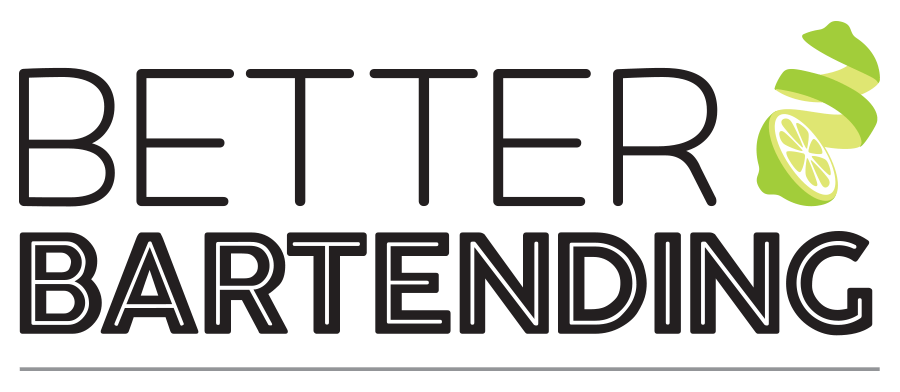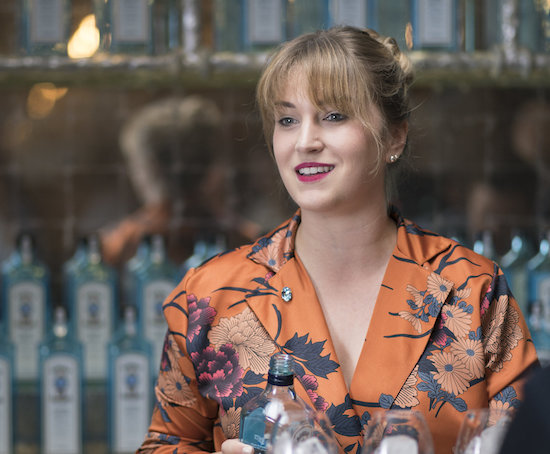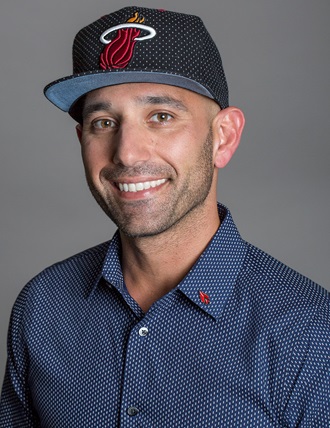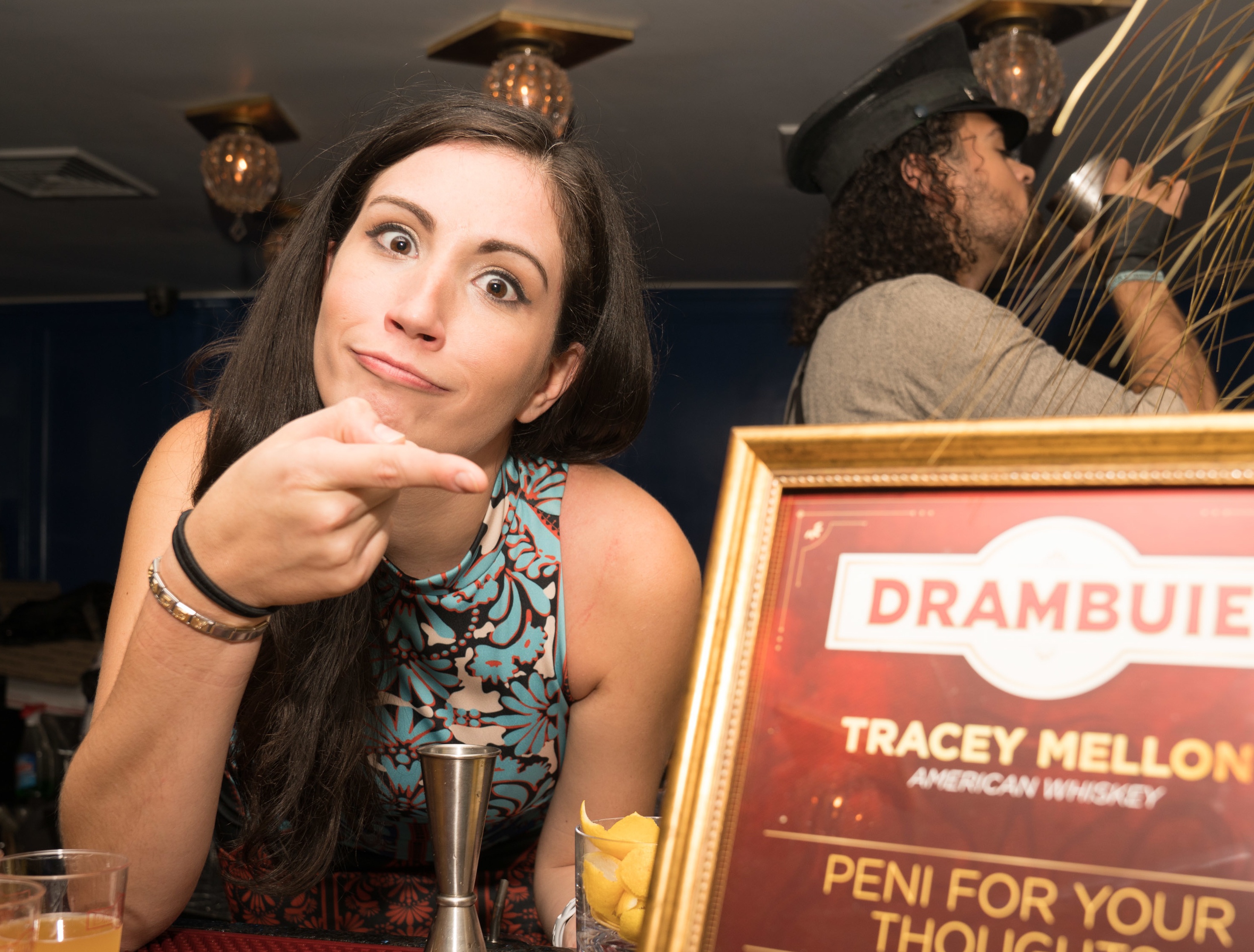Annie Pierce of Columbus, OH-based cocktail bar Curio, is the first-ever female winner of the U.S. Bartenders Guild’s 11th Annual Most Imaginative Bartender Competition.
Better Bartending: What advice would you give mixologists who are just starting to get interested in cocktail competitions?
Annie Williams: The best advice I can give, and it’s sort of a cliché, but stick with it. This is my sixth year being involved with the Most Imaginative Bartender. You have to put your nose to the grindstone. And if you’re passionate about it, then keeping working, because eventually all that hard work will pay off.
BB: It took you six tries to emerge victorious as Most Imaginative Bartender, and there are setbacks along the way. How can bartenders push through those tough times?
AW: Learn from them. If you fail to advance past regionals, reach out to the people running that competition and them what they think you can improve upon. Then use that along with your past experiences as a way to see yourself in the bigger picture of trying to find ways to better yourself.
BB: Competing live is difficult. How do you deal with the nerves of cocktail creation and storytelling in front of the judges and audience?
AW: There are different ways to prepare for live competition. I know people who like to take a shot before they go up, which I do not think is a good idea, because it distracts me. One of my friends likes to go into plank position before she competes. That makes sense to me because you’re focusing your mind inward as opposed to focusing on all the outward distractions.
I actually think there are a lot of advantages to live competitions as opposed to those where you submit a cocktail and a story. When live, you have the opportunity to explain your cocktails and connect all the dots of storytelling.
Competing in person can be stressful, but it’s also where bartenders can shine if they pretend it’s another normal service experience, because bartenders can always have that skill and experience to rely on.
BB: Do you remember your first competition?
AW: I do. It was Most Imaginative Bartender, actually, back in 2011. I had been a bartender for two months. The beverage manager who had hired me told me that she had this thing she was doing next week, but was going to be out of town, so did I want to do it?
This was when they had an all-Columbus competition, and there were 30 of us there. I came in second. That’s when I realized that this was pretty fun.
BB: What allowed you to succeed so quickly?
AW: A combination of things, including my focus on flavor. I come from a family of chefs and bakers, by which I mean a family of eaters, so flavor is always my initial experience with cocktails. So while that first cocktail of mine might not have been the most physically attractive cocktail—and it certainly wasn’t—I was able to explain to the judges why the cocktail flavors worked.
BB: What are your thoughts on the large number of women winning these competitions lately?
AW: I’m sort of conflicted. On one hand I think, “Of course there should be a lot of women winning, because why not? This is what we do every day: kick ass and make great cocktails.”
But at the same time, I feel very privileged to be part of that growing circle of successful women. The first person I looked up to in this industry was that female beverage manager who gave me my first job bartending. And all this is only going to grow our circle of resources as female mixologists.
BB: What propelled you to the top this year?
AW: The competition this year was unlike anything I’ve immersed myself in before. The challenges were so varied. They pulled so much from within you as a competitor. My 11 competitors and I were so busy with our schedules that we really didn’t see each other compete. So I felt like I was more here in representation of Columbus and my home bar Curio. I did my damn best to represent those two and leave everything I had out there every time I performed.
BB: How can you prepare for these competitions when the challenges are so dissimilar?
AW: You really can’t prepare for that component. We had four challenges in the grand final and only knew about two of them ahead of time. The other two were revealed to us while we were in London.
At one point we toured an art gallery and were told to pick one of the pieces of art that inspired us and then translate that into a cocktail. We were given a set of ingredients to use that were not revealed to us until that part of the competition. We were given just 15 minutes after learning the ingredients to come up with a cocktail about our chosen artwork and then convey that to the judges.
For me I went in thinking about three different lines I could go down depending on what ingredients they revealed. And once I got up there and competed, it was blackout. I just focused on making a delicious cocktail and telling a good story.— Kyle Swartz











